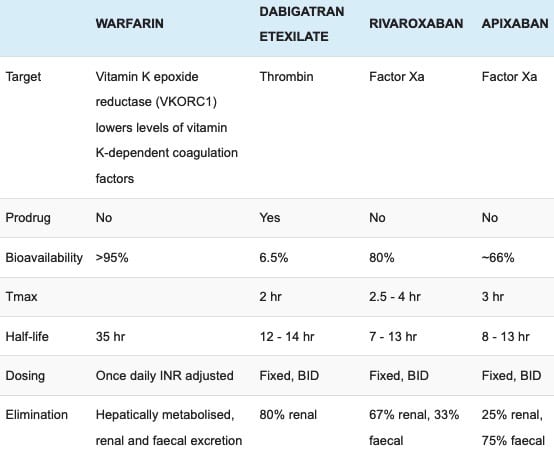
With low levels of vitamin K, some babies can have very severe bleeding - sometimes into the brain, causing significant brain damage.

Infant formula has added vitamin K, but even formula-fed babies have very low levels of vitamin K for several days. After birth, there is little vitamin K in breast milk and breastfed babies can be low in vitamin K for several weeks until the normal gut bacteria start making it. Vitamin K does not cross the placenta to the developing baby, and the gut does not have any bacteria to make vitamin K before birth. Bleeding can also occur in other parts of the body, such as the brain (causing one type of stroke).īabies have very little vitamin K in their bodies at birth.

Without enough vitamin K, small cuts can go on bleeding for a very long time and big bruises can happen from small injuries. Older children and adults get most of their vitamin K from bacteria in the gut, and some from their diet. Vitamin K is needed by humans for blood clotting.


 0 kommentar(er)
0 kommentar(er)
